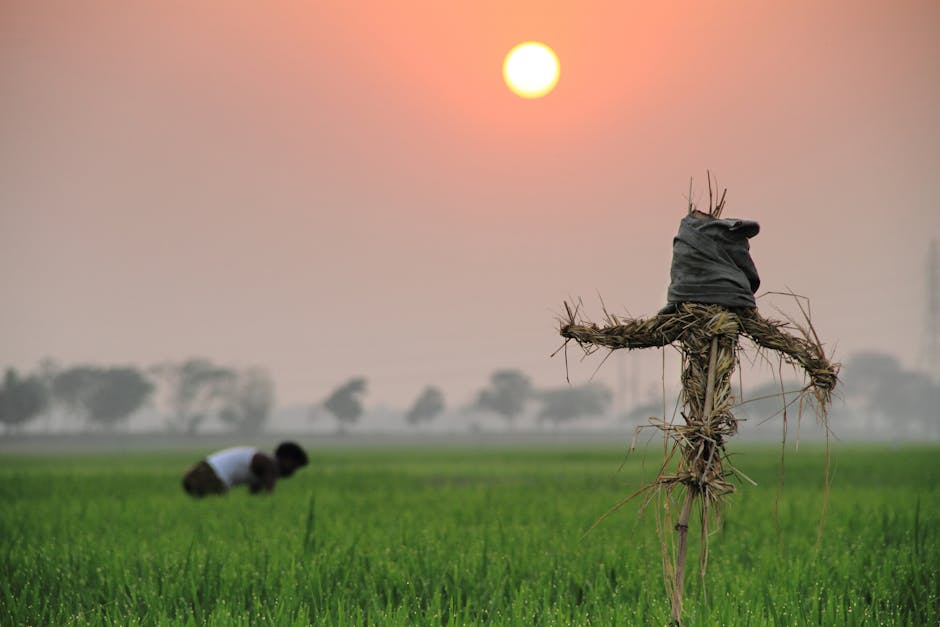


 Bangladesh
Bangladesh
Bangladesh is an exciting and vibrant travel destination, offering a unique blend of culture, history, and natural beauty. From the bustling capital city of Dhaka to the lush countryside of Sylhet, Bangladesh has something for everyone. The country is home to some of the world’s most beautiful beaches, stunning wildlife reserves, and ancient archaeological sites. Visitors can explore the many rivers and lakes that dot the landscape, or take part in traditional festivals and celebrations. With its friendly people, delicious cuisine, and diverse attractions, Bangladesh is sure to be an unforgettable experience.
Activities: Canoeing, Rafting, Snorkeling, Hiking, Camping
Landscapes: Islands, Beaches, Forests, Woodlands, Mountains, Rivers, Lakes
Topics: Nature, Wildlife, Food, History, Festivals, Backpacking, Adventure
Is Bangladesh expensive?
Bangladesh currency
৳Bangladeshi taka (BDT)
Weather in Bangladesh
Bangladesh has a tropical monsoon climate, with hot and humid summers and mild winters. The summer season runs from March to June, with temperatures ranging from the mid-20s to the mid-30s Celsius (mid-70s to mid-90s Fahrenheit). The monsoon season runs from June to October, with heavy rains and high humidity. Winter runs from November to February, with temperatures ranging from the low 20s to the low 30s Celsius (low 70s to low 90s Fahrenheit).
- Yearly temperature range: Infinity°C - -Infinity°C
- Monthly rainfall range: 4mm - 493mm
- Daily sunshine range: 4h - 9h
Traveling Bangladesh
Transportation
The most common way to get around Bangladesh is by bus, train, or rickshaw. There are also domestic flights available from Dhaka to other major cities in the country. Taxis are also available in major cities.
Cost
Public transportation is very affordable in Bangladesh, with bus and train fares ranging from a few cents to a few dollars depending on the distance traveled.
Safety
Public transportation is generally safe in Bangladesh, although it is recommended to take extra precautions when traveling at night.
Is Bangladesh safe?
Crime
The most common crimes in Bangladesh are theft, robbery, and assault. Petty theft is the most common crime, with pickpocketing and bag snatching being the most common forms. Robbery is also a problem, particularly in Dhaka, where criminals often target foreigners. Assault is also a problem, especially in rural areas. In addition to these crimes, there have been reports of human trafficking and drug smuggling in Bangladesh.
Travel advisory
3.4/5Bangladesh has a current risk level of 3.4 (out of 5). We advise: Use some caution when travelling Bangladesh.Last updated: Thu Mar 23 2023
Health
Health Considerations
Bangladesh is a developing country and has a high risk of infectious diseases, including malaria, dengue fever, cholera, typhoid, and hepatitis A. Vaccinations are recommended for travelers to Bangladesh. It is also important to practice good hygiene and safe food and water precautions. Mosquito-borne illnesses are common in Bangladesh, so insect repellent and protective clothing should be used.
Insect repellentMedical Care
Medical care in Bangladesh is limited and may not meet the standards of care found in other countries. Travelers should bring any necessary medications with them and consider purchasing travel health insurance.
Bangladesh customs and etiquette
Be Respectful
Be mindful of local customs and traditions, dress modestly, and avoid public displays of affection.
Be Courteous
Greet people with a smile and a handshake. Speak in a respectful tone and be aware of your body language.
Be Considerate
Avoid loud conversations or music in public places, and be mindful of the environment when visiting natural sites.
Be Tolerant
Respect religious beliefs and practices, even if they differ from your own.
Be Generous
Offer to share food or drinks with locals, as it is considered polite in Bangladesh.
TP
Copyright 2023